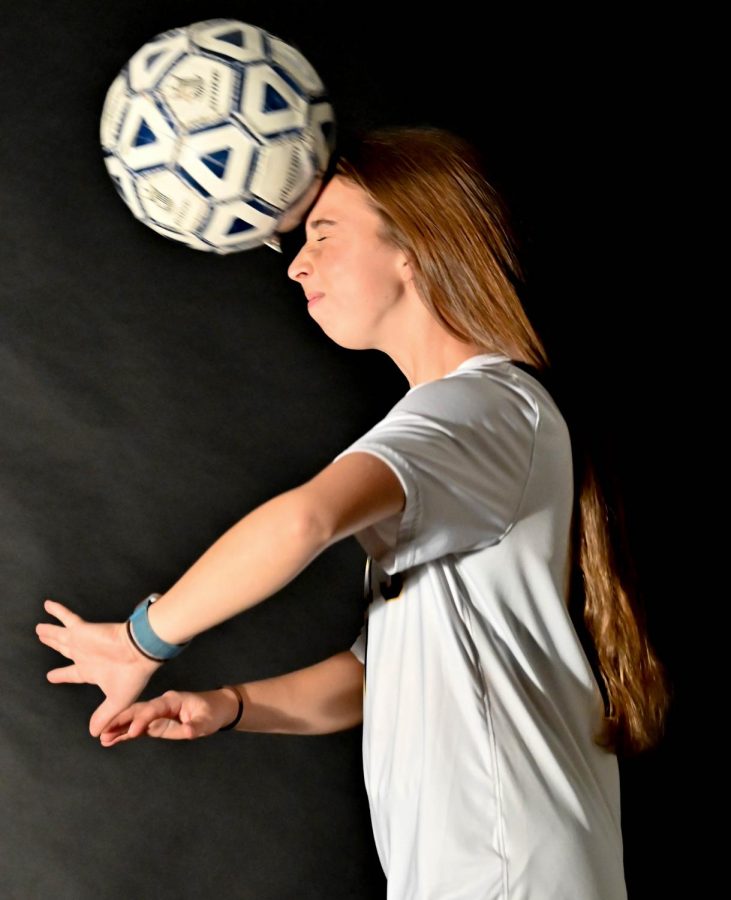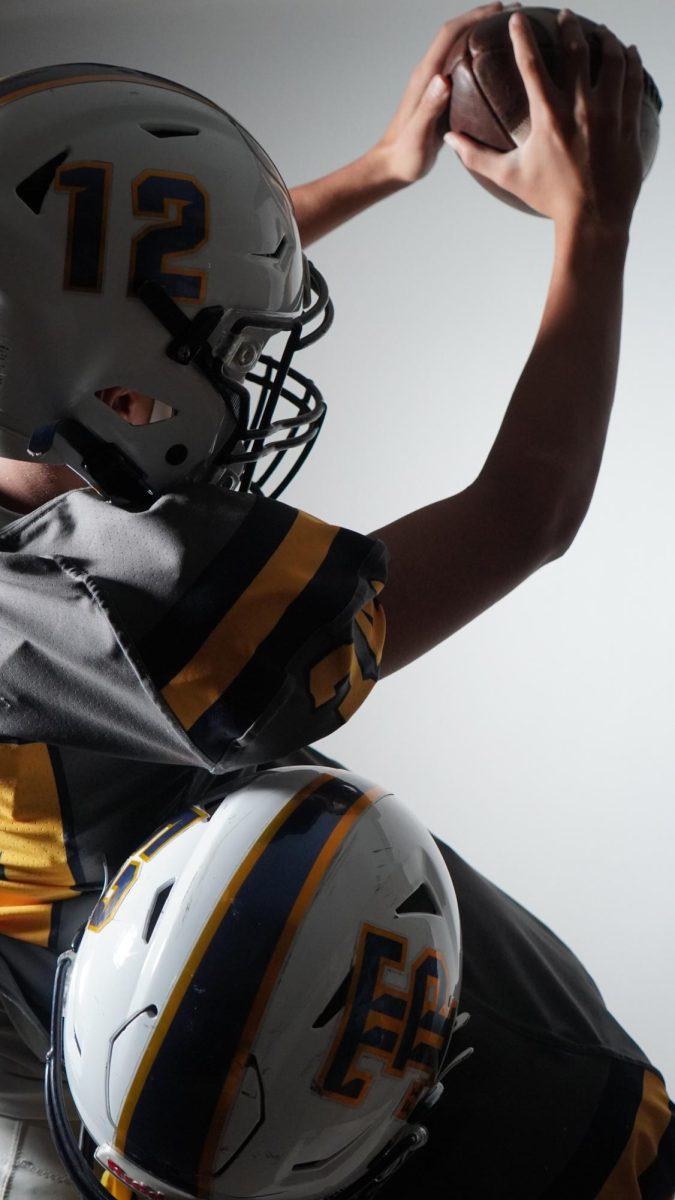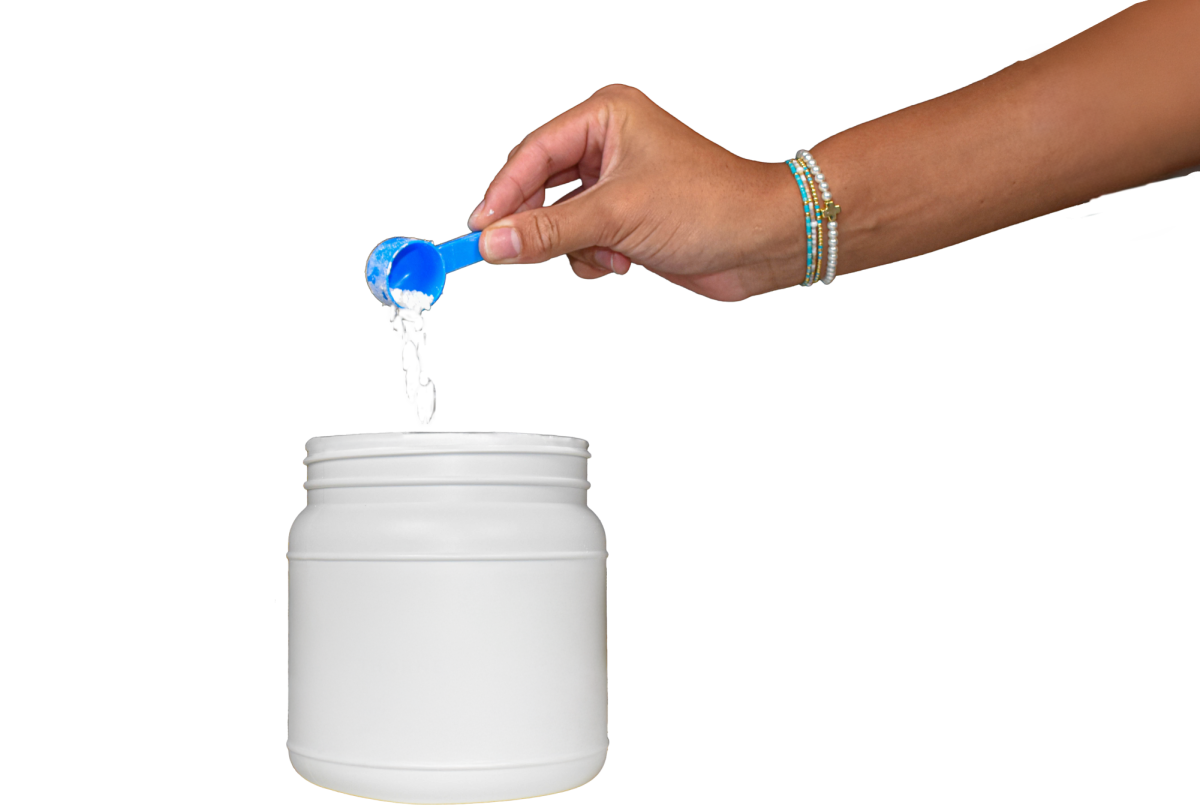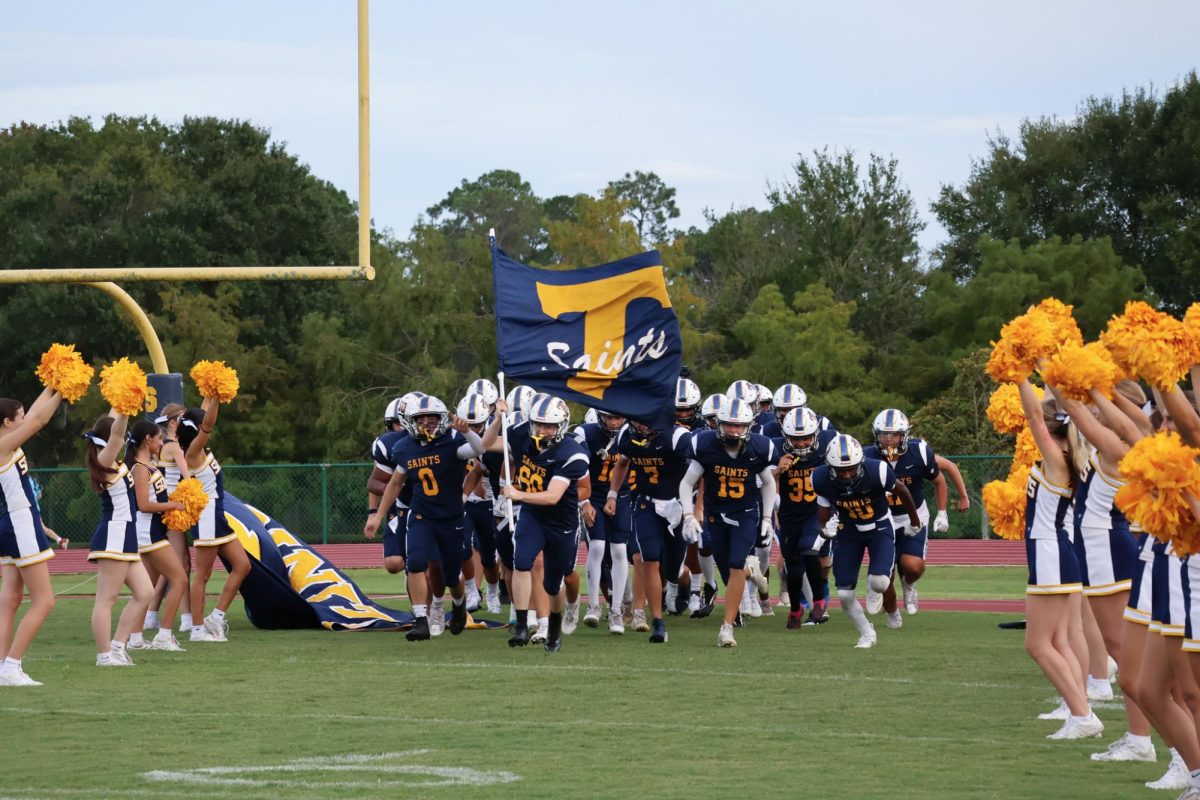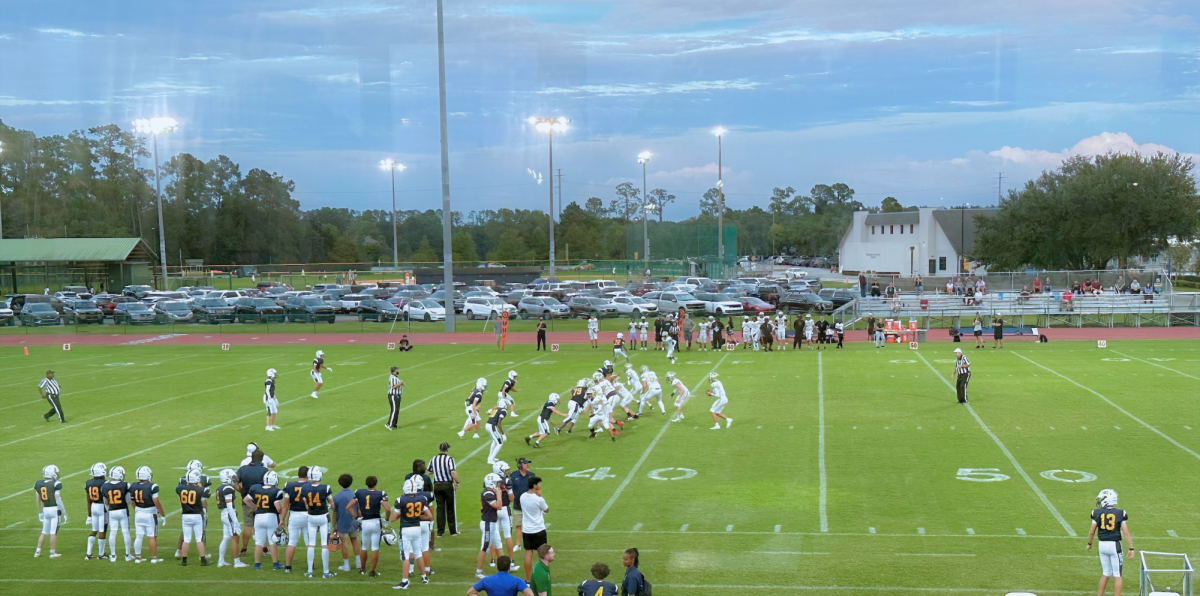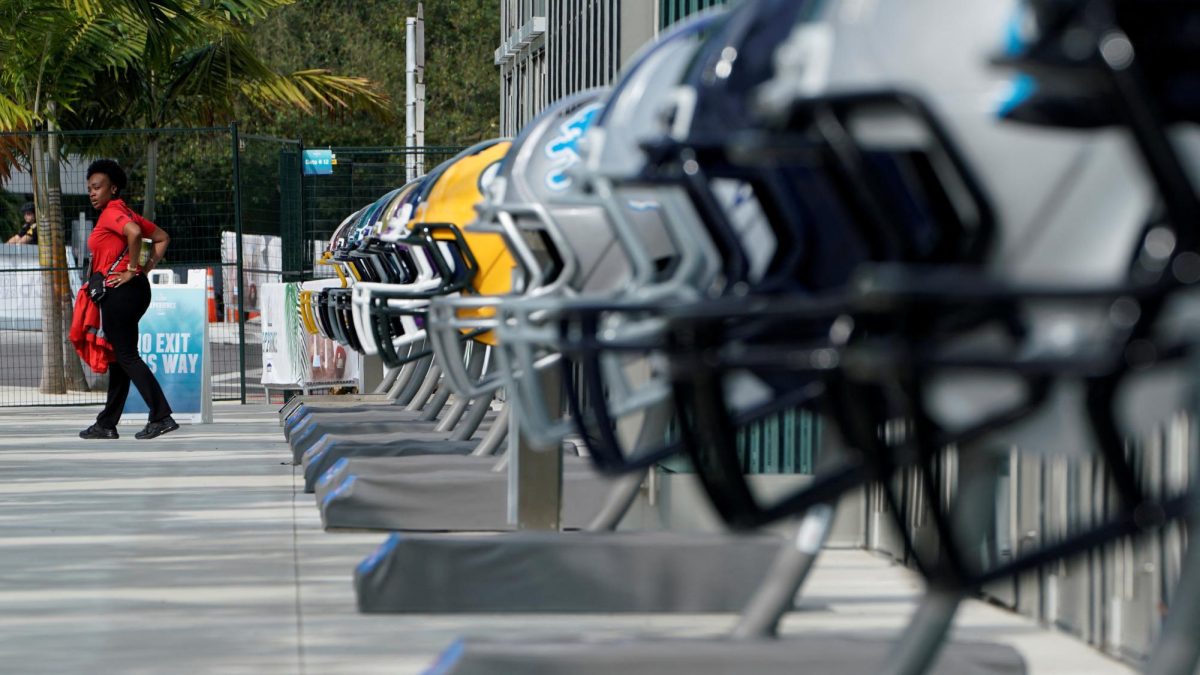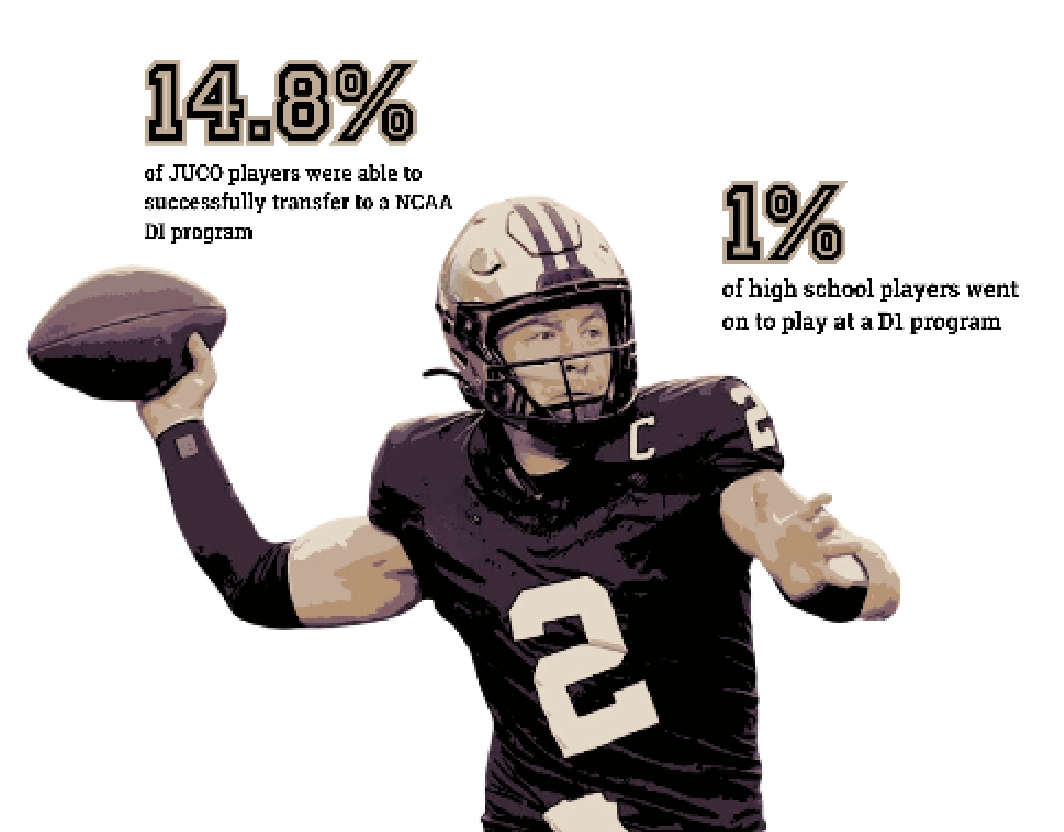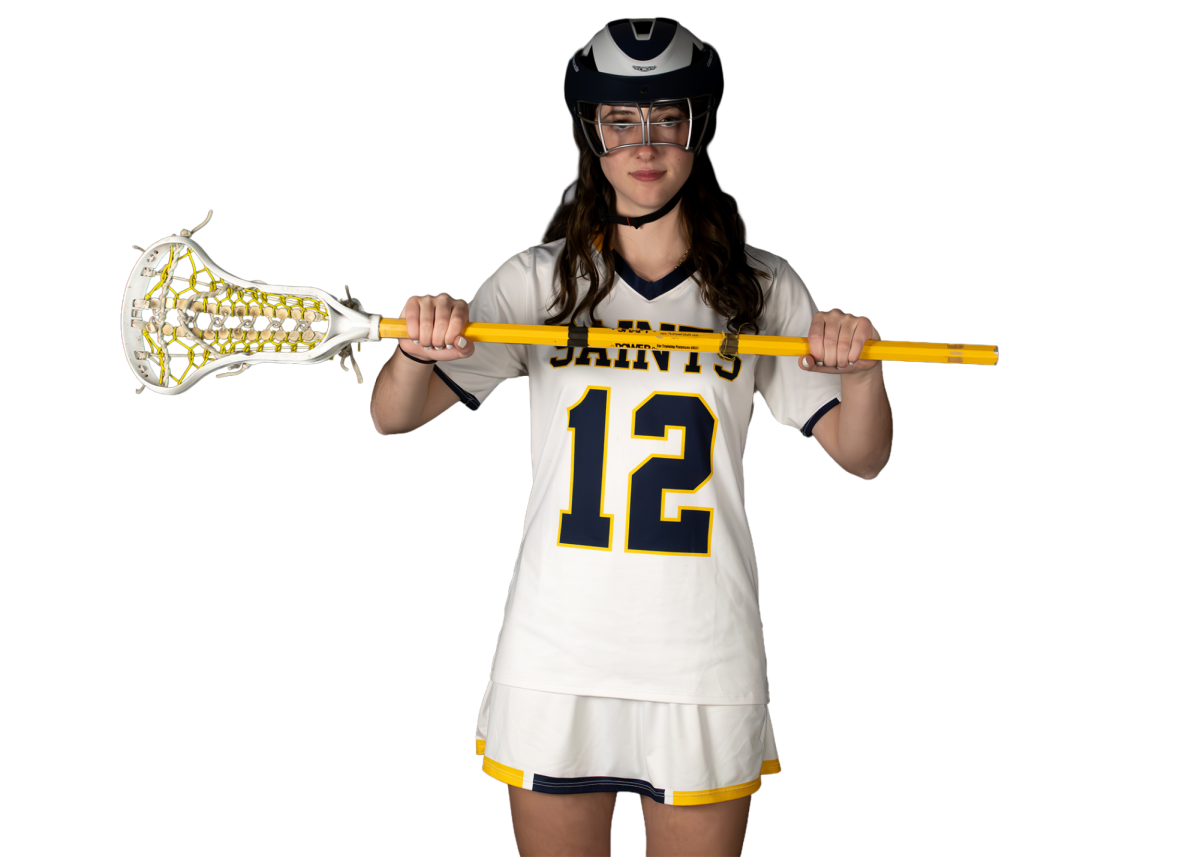Success within the winter season pushed many athletes to attend school virtually. As a result, the parking lot now sat empty, revealing the blank rows that were once filled with cars. To eliminate the fear of being quarantined, Assistant Athletic Director Rita Kienle created an option for athletes to commit to two-weeks of remote learning. In response, the boys varsity basketball and boys varsity soccer team made this switch, resulting in a majority of the upper class at home.
One of the teams that took up on this offer was the girls varsity soccer team. With COVID-19 case numbers rising on campus, the team felt it was at high risk for losing out on the post season.
In previous years, the team had successfully made it to district semi-finals and beyond, and with new athletes and a long season of training, the girls expected to make another deep playoff run. In the face of strong competition, the girls needed full participation from every teammate, but with most girls in face-to-face learning, there is always a risk of being exposed to COVID-19.
According to junior Kara Wilcox, the team consistently dealt with challenges due to the virus. Over the course of the season, several girls were contact traced at school and could not participate in any games or practices for two weeks. Along with this, three games were cancelled because girls from the opposing team had been exposed.
The players had worries that in-person learning would be detrimental to the team during playoffs. With the encouragement of head coach Joseph Avallone, the team ultimately made the decision to commit to the remote learning option, ensuring that each athlete would be present for games.
In order to advance to the regional playoffs, the girls had to place top two in the district. After winning in their semi-final game against Cornerstone, they had done just that and were set to make it to regionals. Unfortunately due to several injuries, the team lost in the district final game against Lake Highland. They still advanced, but lost in their first regional game against West Shore. But luckily, without interference from contact tracing, the team was able to finish the season.
While still successfully completing their postseason, the girls were unable to participate in their usual team bonding activities like game-day lunches and team sleepovers. Although this may seem insignificant, it prevented new players from creating strong relationships with their teammates, an important factor in performing well.
“I think bonding together as a team is a big part of success,” Wilcox said. “Although we still have a lot of players who are still connected from past years, the new girls don’t have as close of relationships with everyone else.”
With the season finished, the remote learning option was effective in preventing any COVID-19 exposure or mandatory quarantine for the girls on the team. Able to play in their last few games, the option allowed the team to reach its full potential.
“I was so glad to have the option to go remote because the last thing I wanted was to be contact traced and not be able to go to the playoffs,” Wilcox said.




